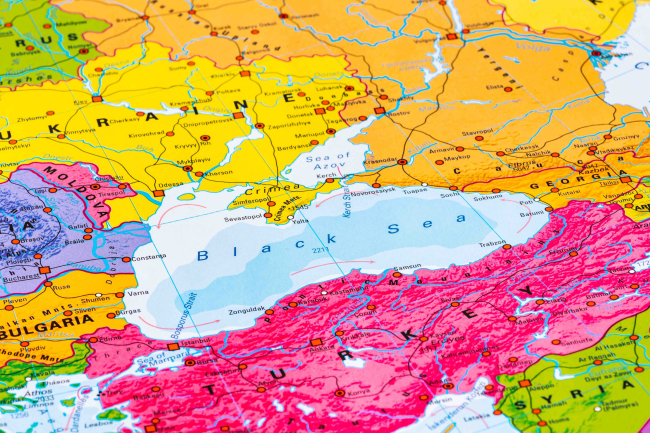
Practical information
In 2022, NATO acknowledged China's growing influence and military modernization as significant challenges, recognizing the Indo-Pacific region's strategic importance.

Japan, along with other key partners such as ROK, Australia, and New Zealand, has pursued enhanced cooperation with NATO. Prime Minister Kishida and Foreign Minister Hayashi's high-level visits have further strengthened Japan's relations with the alliance. Discussions have emerged in Spring 2023 regarding the potential opening of a NATO Liaison office in Tokyo.
However, NATO member countries hold varying perspectives on the extent of the alliance's commitment to the Indo-Pacific, with France taking a cautious approach. This conference provides a platform to explore the Japanese and European perspectives on NATO's role in the Indo-Pacific and its cooperation with the AP4.
The event will be held in English.
PROGRAMME
Chair: Céline Pajon, Head of Japan Research, Center for Asian and Indo-Pacific Studies, Ifri
- Benedetta Berti, Head, Policy Planning, Office of the Secretary General, NATO
- Michito Tsuruoka, Associate Professor, Keio University and Visiting Fellow, Australian National University (ANU)
- Yuichi Hosoya, Professor, Keio University
Discussant: Eva Pejsova, Japan Chair, Brussels School of Governance
Related Subjects
Other events

Foreign Intelligence Services Amidst the War in Ukraine: Adapting to a New Strategic Reality
European foreign intelligence services have had to continuously adapt to the rapidly evolving security landscape of the past few years. Following challenges such as the COVID-19 pandemic, financial crises, and hybrid threats, the Russian war of aggression against Ukraine has placed conventional military conflict at the centre of European security concerns.

Affirming European Security in Ukraine and the Black Sea Region
European security has been challenged in 2022 with the full-fledged invasion of Ukraine by the Russian Federation.

Doing Politics in African Cities: Actors, Causes and Forms of Urban Social Mobilization
From Maputo to Nairobi and from Lagos to Dakar: recently, African cities have been the theatre of mobilizations by groups of young protesters.







